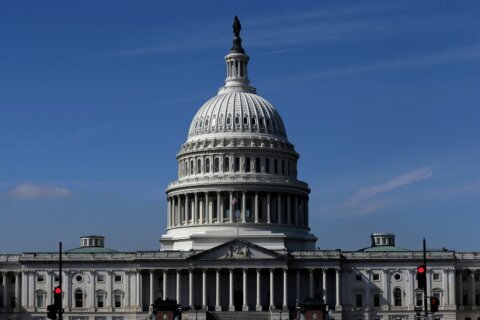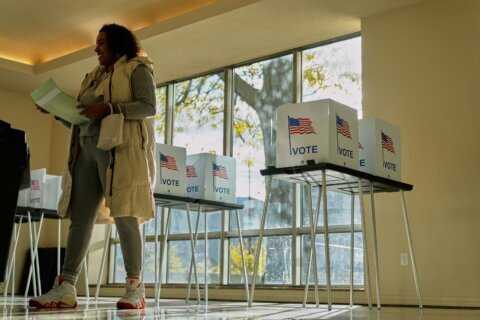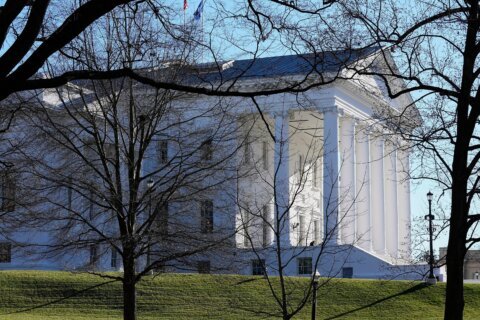There were numerous attempts at voter suppression ahead of the 2020 general election, and a Virginia Tech professor would like to see more aggressive laws aimed at stopping it.
Some efforts to suppress the vote have been bold — for instance, in Michigan, where people received robocalls this week urging them to vote the day after Election Day.
“We should understand that there are smaller, more low-key voter suppression tactics that are going on every single day,” said Brandy Faulkner, a professor of Black studies and political science at Virginia Tech. “We often don’t even know those things are happening until there is something so egregious that it makes national news.”
Some of those other efforts, Faulkner said, include shutting down polling places in predominantly Black and brown communities while opening additional ones in largely white neighborhoods; failing to notify people that their absentee ballots have been rejected; and requiring people convicted of felonies to pay all their fines and court costs before their voting rights are restored.
How do we better address these issues?
“We have to consider effective legislation and we also have to consider oversight. Both of those have been made more difficult by the courts ruling in Shelby v. Holder, unfortunately,” Faulkner said.
The 2013 Supreme Court ruling struck down part of the Voting Rights Act and reduced restrictions on oversight of states that have a history of voter suppression, including Alabama, Texas and Virginia.
The Trump campaign claims public polls were used to suppress the vote in Wisconsin ahead of the November election. What does Faulkner think of that?
“We have long known that polls are not entirely accurate, in fact most of them will let you know (the) percentage that they could be inaccurate,” Faulkner said. “So I don’t think he gets very far with that argument.”








